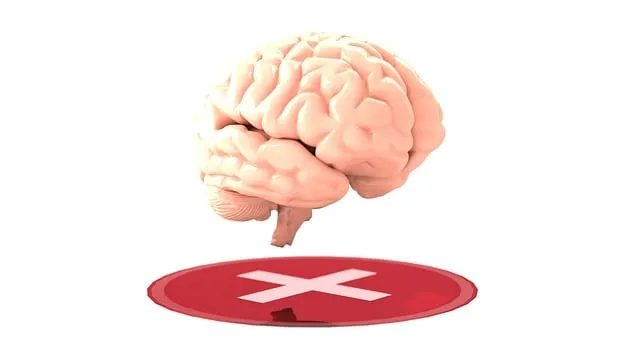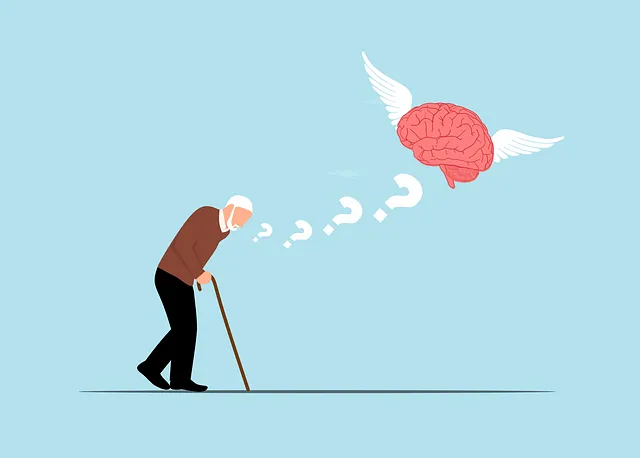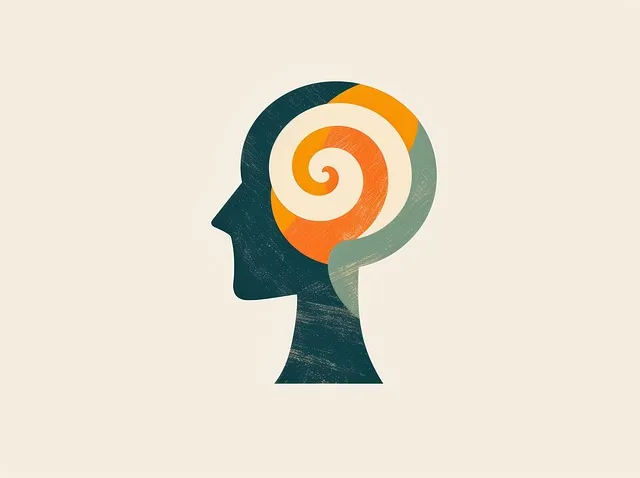The Westminster Kaiser Permanente Mental Health Access Center emphasizes the power of social skills as a critical component of mental health recovery, addressing a key gap in traditional treatment. Through specialized programs, they teach effective communication and emotional regulation techniques, empowering individuals to manage anxiety, depression, and stigma. Their interactive workshops break down barriers by fostering peer understanding and empathy, offering a holistic approach that includes trauma support. This unique social skills training improves relationships, boosts confidence in social settings, and promotes overall well-being, making it a transformative resource for managing mental health conditions.
Social skills training is a powerful tool for individuals navigating mental health conditions, offering a pathway to enhanced well-being and community integration. This comprehensive guide explores the significance of social connection in mental health recovery, highlighting the expertise of the Westminster Kaiser Permanente Mental Health Access Center. We delve into the key components of effective programs and the profound benefits they offer, from improved self-confidence to successful real-world applications, transforming lives at the center and beyond.
- Understanding the Importance of Social Skills for Mental Health Recovery
- The Role of Westminster Kaiser Permanente Mental Health Access Center in Training
- Key Components of Effective Social Skills Training Programs
- Benefits and Real-World Applications for Individuals with Mental Health Conditions
Understanding the Importance of Social Skills for Mental Health Recovery

Social skills play a pivotal role in the recovery journey for individuals navigating mental health conditions, such as those supported by the Westminster Kaiser Permanente Mental Health Access Center. Often overlooked, these skills are essential for building connections, fostering support networks, and promoting overall well-being. In the context of mental illness, social interactions can be challenging due to symptoms like anxiety or depression, which may isolate individuals further.
Developing strong social skills can help break down barriers and reduce stigma associated with mental illness. Through learning effective communication techniques, individuals gain confidence in social settings, enabling them to seek support when needed. Moreover, emotional regulation strategies taught during these training sessions empower people to manage their responses during social interactions, which is crucial for preventing depressive episodes or managing existing depression.
The Role of Westminster Kaiser Permanente Mental Health Access Center in Training

The Westminster Kaiser Permanente Mental Health Access Center plays a pivotal role in fostering mental well-being within the community by offering specialized training programs. This center, with its dedicated team of experts, is committed to enhancing mental health awareness and providing practical tools for managing various conditions. Through innovative approaches, they address the unique needs of individuals struggling with depression prevention and stress management.
By organizing interactive workshops and sessions, the center equips participants with essential social skills, enabling them to navigate interpersonal interactions more effectively. These training programs are tailored to promote resilience, improve communication, and build supportive networks—all crucial aspects of maintaining good mental health. The center’s efforts contribute significantly to breaking down stigmas associated with seeking help for mental health issues, thereby encouraging proactive measures like stress management techniques.
Key Components of Effective Social Skills Training Programs

Effective social skills training programs for mental health conditions, such as those offered at the Westminster Kaiser Permanente Mental Health Access Center, typically incorporate several key components to ensure positive outcomes. First and foremost, these programs emphasize emotional regulation techniques, teaching individuals coping strategies to manage stress, anxiety, and mood swings. Through role-playing scenarios and group discussions, participants learn to identify triggers, express emotions healthily, and maintain composure in challenging social situations.
Additionally, addressing mental illness stigma reduction efforts is integral to these training programs. By fostering an environment of understanding and empathy, participants gain insights into the lived experiences of others, breaking down barriers and promoting acceptance. This component not only strengthens social connections but also encourages individuals with mental health conditions to seek support more openly. Moreover, trauma support services are often integrated, providing specialized care for those who have experienced past traumas, ensuring a holistic approach to social skills development.
Benefits and Real-World Applications for Individuals with Mental Health Conditions

Social skills training offers immense benefits for individuals managing mental health conditions, serving as a powerful tool within the realm of holistic care. By learning effective communication strategies, individuals can enhance their relationships and social interactions, which is particularly impactful for those dealing with anxiety, depression, or social phobias. This form of therapy enables them to build confidence in social settings, fostering a sense of belonging and improving overall mental wellness.
At the Westminster Kaiser Permanente Mental Health Access Center, they recognize the significance of these skills in everyday life. Their Self-Care Practices and Mental Wellness Coaching Programs Development focus on teaching individuals how to navigate social situations with ease. Additionally, Healthcare Provider Cultural Competency Training ensures that support systems, including therapists and doctors, are equipped to offer culturally sensitive care, addressing diverse needs within their community.
Social skills training, as facilitated by centers like the Westminster Kaiser Permanente Mental Health Access Center, plays a pivotal role in enhancing the recovery journey for individuals managing mental health conditions. By addressing communication, interaction, and relationship-building, these programs empower people to navigate social environments with increased confidence and resilience. Incorporating evidence-based techniques tailored to diverse needs ensures that participants gain practical tools for improving their overall well-being and re-engaging in community life. This targeted approach, offered by specialized mental health access centers, can significantly contribute to the success and sustainability of long-term recovery.






